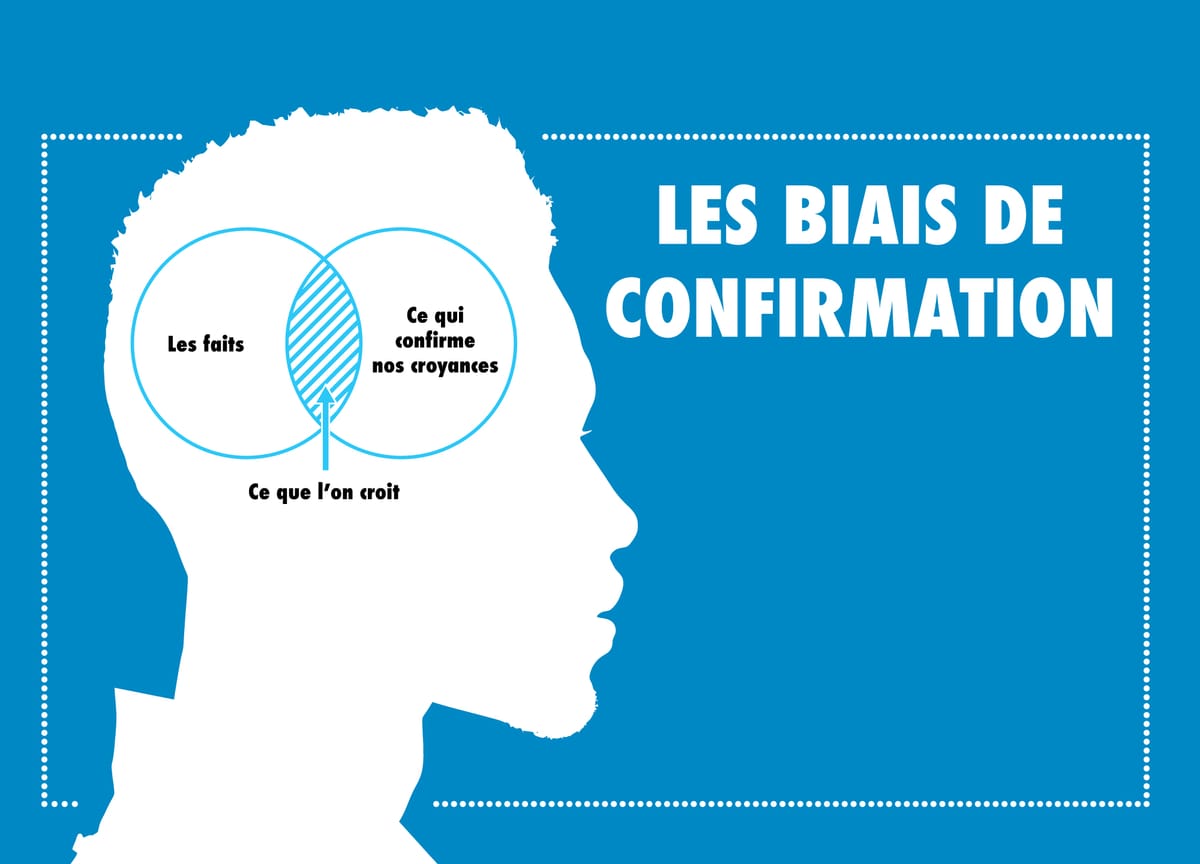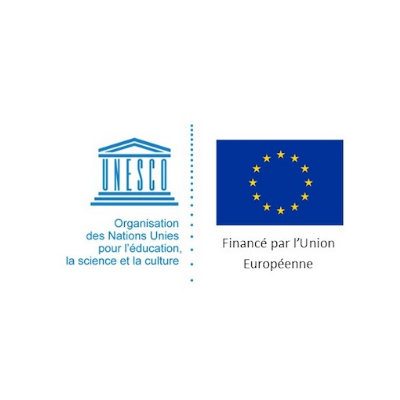inspiring historical figures like Thomas Sankara or Che Guevara and to erect Russia and China " as examples to follow ". Unfortunately, there is no shortage of examples.
Algorithm of recommendations: what are we talking about?
Web giants (Facebook, Instagram, Tiktok, YouTube, Amazon, X, etc.) invented new methods to seduce a visitor through recommendation algorithms that create filter bubbles. The recommendation algorithm is a series of calculations that analyze and save all the content of a site or a social network. It is an artificial intelligence tool designed to predict and suggest products, services or user information. Its objective is to analyze their previous preferences and behaviors. He sorts on different criteria: navigation history, kind of films that you like (action, comedy, etc.), the themes and people that the user follows most on this or that social network, subscription to a news feed, like, clicks, etc. The role of the recommendation algorithm is to correspond ("matching") content with those of the user.
What are the main recommendation algorithms?
There are several recommendation algorithms such as User-Based which uses a word-of-mouth-comparable approach; Item-Based uses an item profile that consists of the list of users who have read/liked this or that article. Its competitor, Content-Based initially analyzes a set of content without taking users into account and then, in a second step, detects the similarities between content for recommendation. For example content-based identifies the subject of content by listing all the words of a press article and then comparing all the words of the article analyzed to other articles. The more an article will have a number of similar words, the more these articles will be considered "close" to detect identical or similar subjects and deduce recommendations for the reader ...
inspiring historical figures like Thomas Sankara or Che Guevara and to erect Russia and China " as examples to follow ". Unfortunately, there is no shortage of examples.
Filter bubbles: "Information junk food"
By using all this data collected on users, algorithms determine the content that will be accessible to them. There is thus a bubble of filters which corresponds, according to the definition of Eli parris president of the political association Moveon.org and co-founder of the NGO AVAZ.ORG, to " the state in which there is a user when the information to which it accesses on the Internet are the result of a personalization implemented without its knowledge ". In other words, each user browsing in a unique version of the web and social networks, adapted to their preferences, in a kind of personalized bubble. According to Eli Parler's theory, filter bubbles could have negative consequences on web and social networks. Indeed, it has long been believed that the Internet would allow all individuals to be equal in their relationship to information, would open them on the world by abolishing distances and making information accessible to all.
However, the fact that algorithms offer personalized content goes against this universal vision. In fact, they restrict the user's field of reflection to the point of modifying its representation of the world. In addition, in a fairly paradoxical way, these filter bubbles that isolate users tend to homogenize identity on the Internet. Eli bet it illustrates it very well through the psychological bias of the present. This is the difference that exists between what an individual aspires and what he really does. By not making the difference between an individual's impulses and his true interests, filters tend to promote content that requires less effort. Instead of a varied information regime, these filters promote " informational junk food ", explains Parish. H points of view , would strengthen his ideological interior and would unconsciously modify his perceptions on social reality.
Recommendation and disinformation algorithms
Some companies have relied on these algorithms to develop malicious operations, without the knowledge of users. In 2016, in 2016, the Tunisian company of "cyber -flow and digital intelligence", ureputation, had set up the Carthage operation. This consisted in creating hundreds of false accounts and pages dedicated to influencing Tunisian voters and those of several French-speaking African voters on Facebook and Instagram. With the objective of weighing on the presidential elections of many countries, notably Côte d'Ivoire, Togo and of course Tunisia. Ureputation accounts brought together no less than 4 million people. Believing that the company had violated its charter against foreign interference, the META group deleted 446 pages, 182 Facebook accounts, 96 groups, 60 events and 209 Instagram accounts. In March 2018, it was the British consulting company Cambridge Analytica which, without their consent, recovered the data of tens of millions of Facebook users to try to influence it the voting of voters in Africa ... More recently, the military junts of Mali and Burkina-Faso broadcast on social networks of false news aimed at discrediting democracies. inspiring historical figures like Thomas Sankara or Che Guevara and to erect Russia and China " as examples to follow ". Unfortunately, there is no shortage of examples.
How to protect yourself from recommendation algorithms
Simple parades and alternatives exist to counter the negative effects of these algorithms and to get rid of these filter bubbles. The first and most effective is to multiply its sources of information and cross -checking them. It is therefore very useful to subscribe to reliable newspapers and to vary the content that is consumed in line. The second is to follow pages that are the opposite of your own opinions, which allows to thwart algorithms and learn more about opinions opposite to ours. In the end, this alternative allows you to overcome certain common cognitive biases, including confirmation .

The third is to initiate and train the young generations in the verification of the facts (Fact-Checking) whether within the education system, associative or family, thanks to some tools like Africa Check ( https://africacheck.org/fr ) or African alliance of verification of facts ( https://factcheck.africa/ ).


It is also possible to reduce your digital footprint thanks to the data detox ( https://datadetoxkit.org ) and sunflower ( https://tournesol.app ) These sites, among others, contain a large number of advice, mostly quite simple, which aim to improve the privacy and online safety of users. These different tricks also limit the power of algorithms. There are also software responsible for analyzing different "navigation witnesses" or "cookies" in order to ensure that they are not too intrusive in their data collection. Privacy Badger, Adblock, Ghostery and Ublock Origin are some examples.







